The concept of chakras has gained widespread popularity in recent years, especially in the realm of alternative medicine and spiritual practices. But where did the notion of chakras originate from? Are they a product of one specific religion or belief system?
The word “chakra” originates from Sanskrit and translates to “wheel” or “circle.” In ancient Indian texts, chakras are described as energy centers within the body that correspond to different physical, emotional, and spiritual aspects of a person. These energy centers are believed to be interconnected and when balanced, contribute to overall well-being and enlightenment.
The earliest references to chakras can be found in ancient Hindu texts, particularly in the descriptions of yoga and meditation practices. In Hinduism, chakras are seen as the pathway to spiritual awakening and union with the divine. The seven chakras, which are commonly referred to in modern practices, are believed to align with the body’s major nerve centers and endocrine glands.
Another religion that has a strong connection to chakras is Buddhism. In Buddhism, chakras are seen as energy centers along the spine that are responsible for the flow of vital life-force energy known as “prana” or “chi.” Similar to Hinduism, chakras are viewed as a way to achieve spiritual enlightenment and break free from the cycle of suffering.
The concept of chakras also has ties to the practice of traditional Chinese medicine. In this belief system, the body is seen as a complex network of energy channels, and chakras play a role in maintaining balance and harmony within these channels. Traditional Chinese medicine practitioners use techniques like acupuncture and acupressure to stimulate and balance the flow of energy through the chakras.
While chakras hold significant importance in Hinduism, Buddhism, and traditional Chinese medicine, they are not limited to these religions and belief systems. The understanding and use of chakras have transcended religious and cultural boundaries, and they can be found in various spiritual practices and disciplines around the world.
In recent years, the concept of chakras has gained popularity in the Western world, particularly in New Age and self-help movements. Many people are drawn to the idea of chakras as a tool for self-awareness, healing, and personal growth.
It’s important to note that while chakras have a strong connection to Eastern religions and philosophies, one does not need to follow a specific religion to understand and work with them. Chakras are based on energy and intention, and anyone, regardless of their religious beliefs, can benefit from engaging with and balancing them.
In conclusion, the concept of chakras originated from ancient Hindu and Buddhist beliefs, but it has since spread and evolved to encompass various spiritual practices and disciplines. While some individuals may view chakras as purely religious, they are ultimately a tool for inner exploration and self-improvement that can be utilized by anyone.
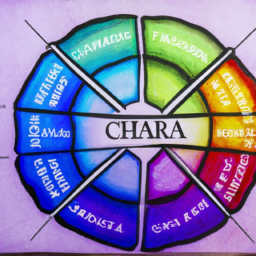
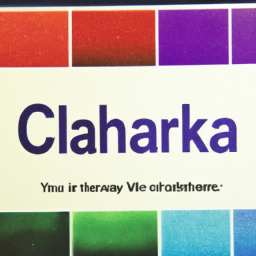
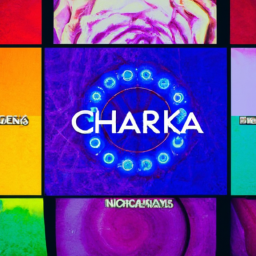
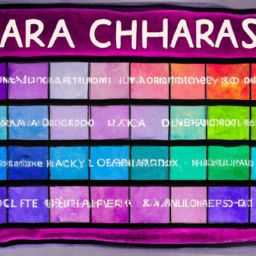
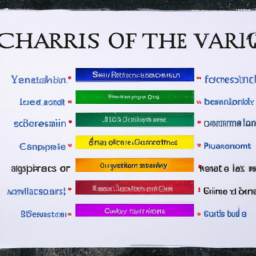
Fascinating stuff!
#Interesting – Fascinating to learn about how this ancient belief system informs our modern practices!
So interesting, I always love learning new things about other cultures!